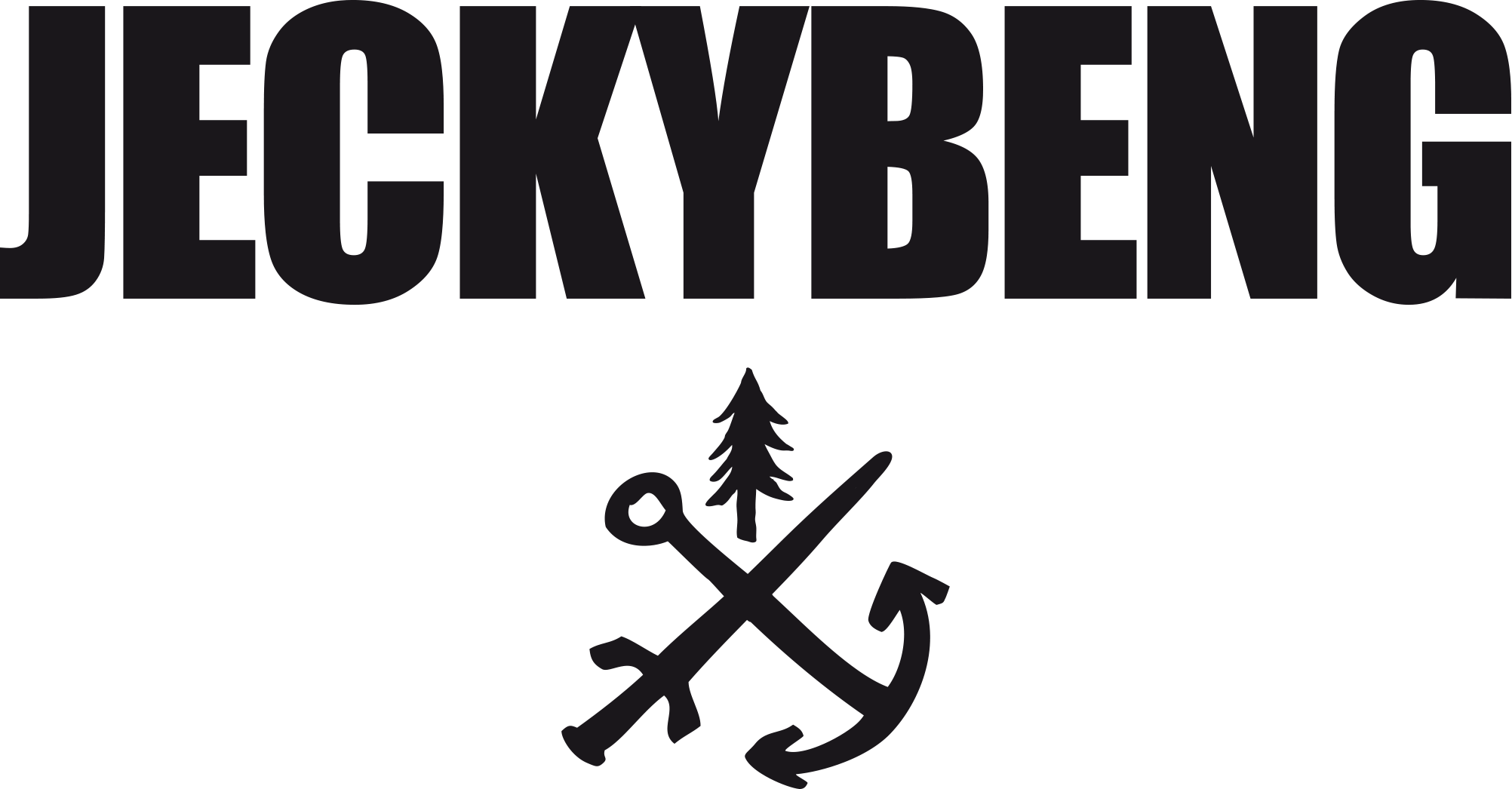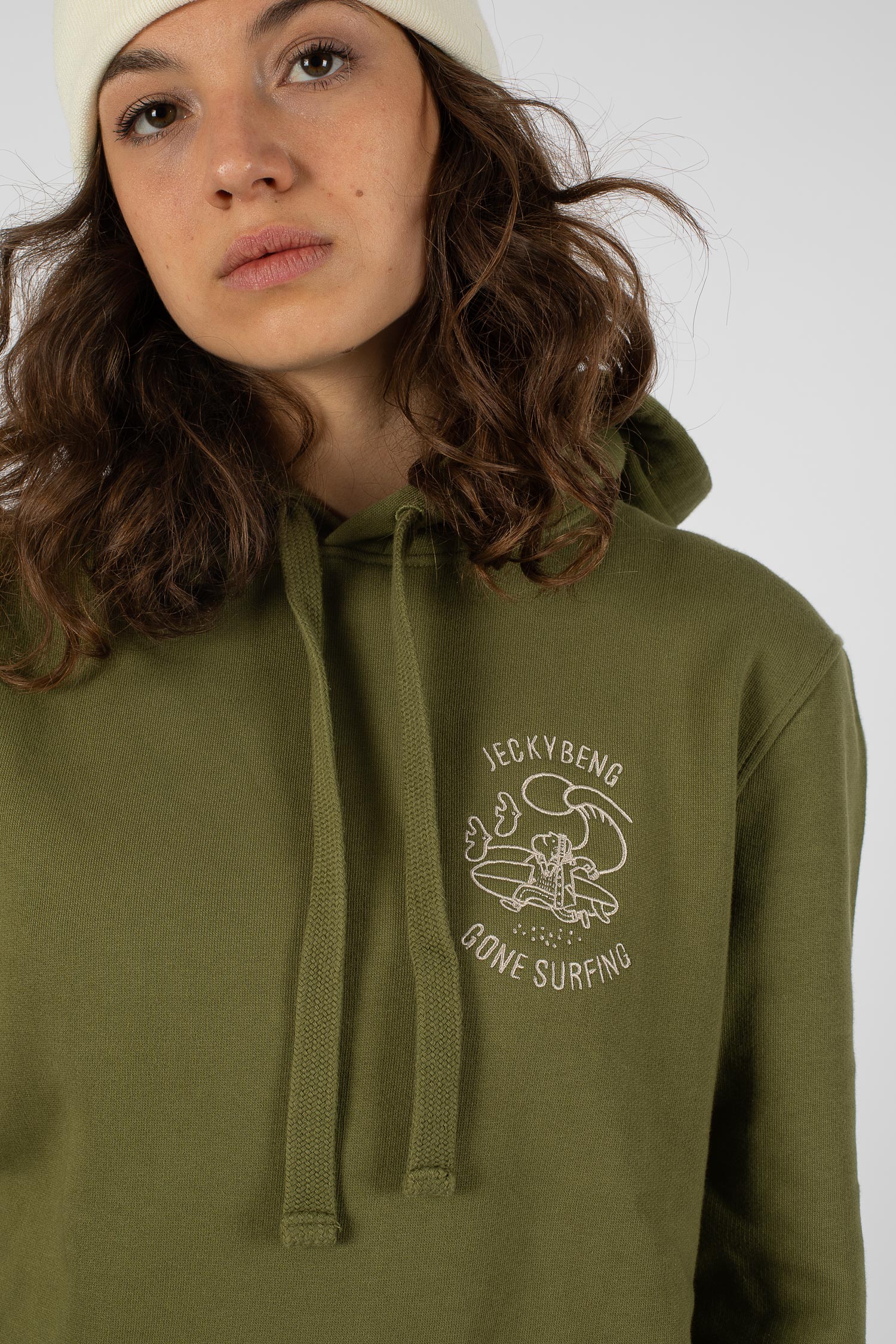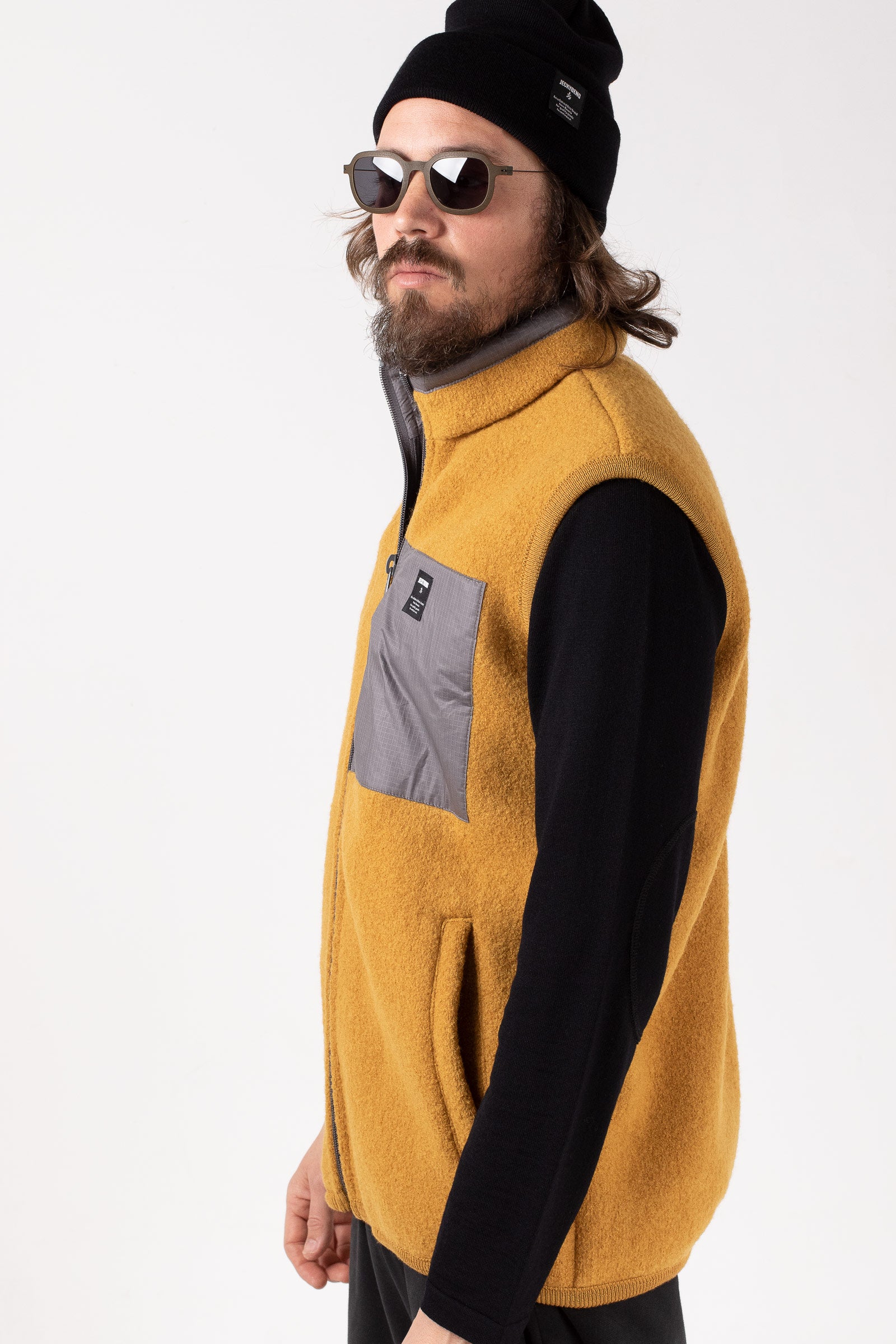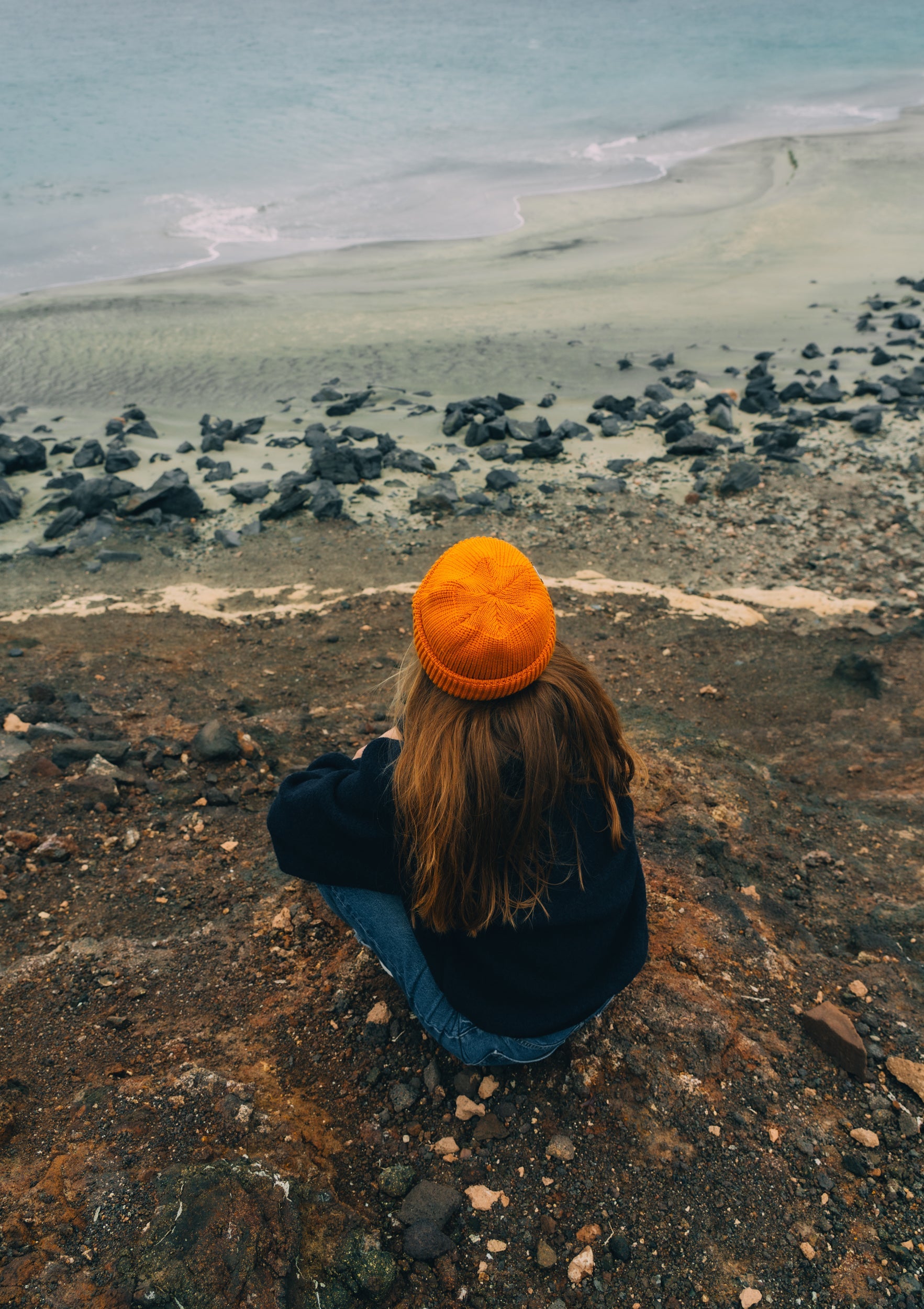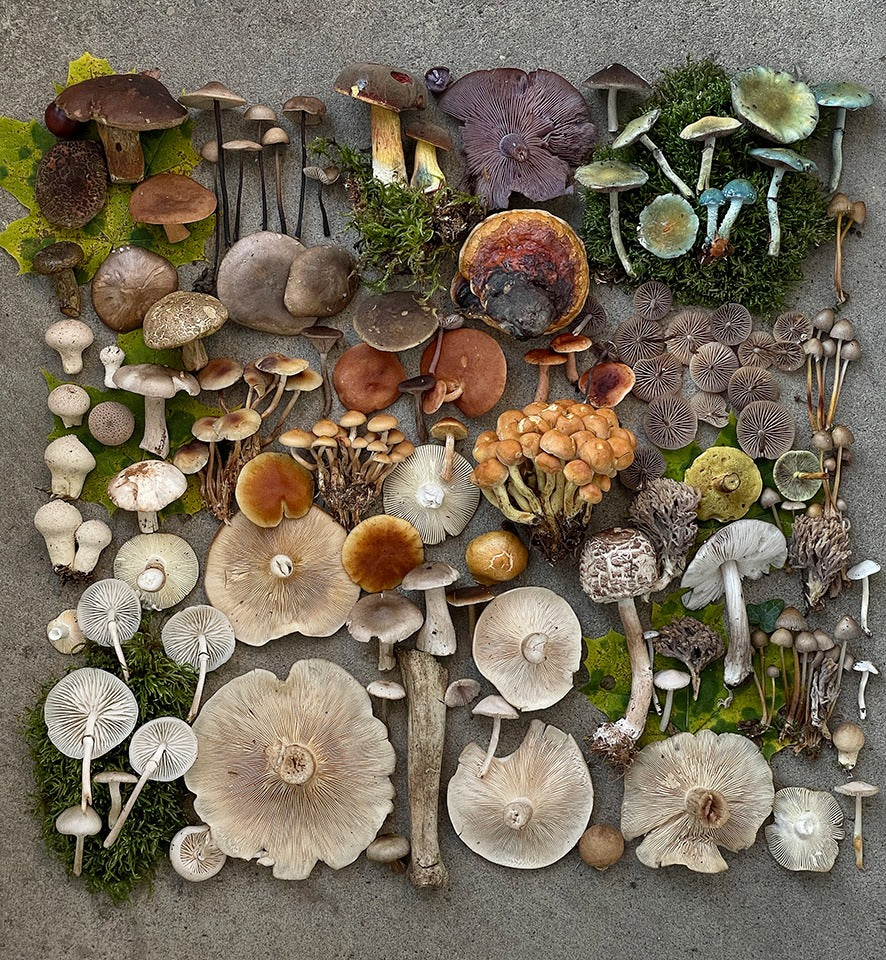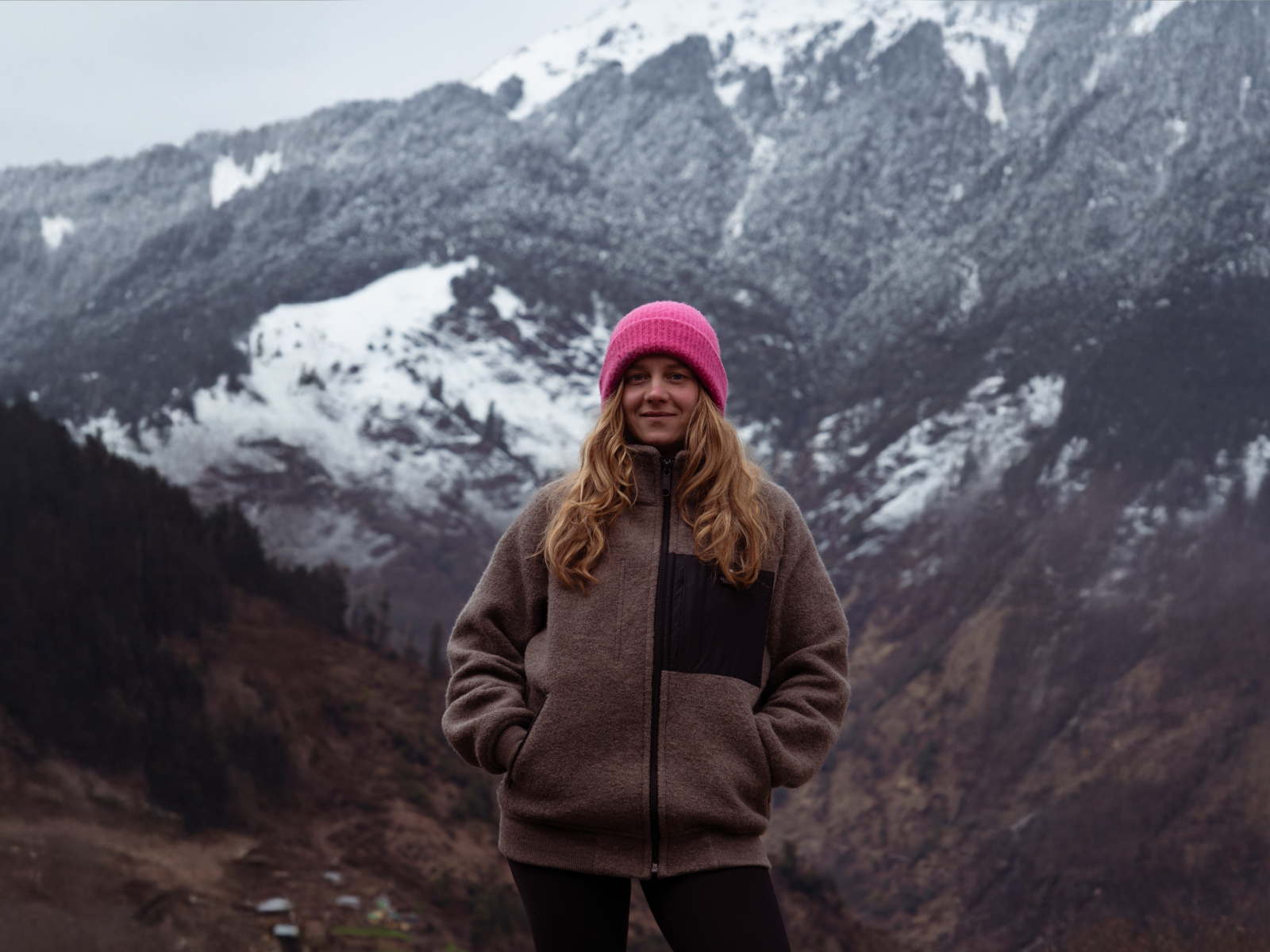
Interview Johanna Dehning - Eco HomeStay Himalaya
Can you introduce yourself briefly?
I'm Johanna, 33 years old, born in Rhineland-Palatinate, Germany. My life has always been characterized by long-term stays abroad. The most consistent period was probably in Hamburg, where I worked for several years as a project manager in event management, focusing on political conferences. Ultimately, however, I ended up in the Indian Himalayas. Here, together with my partner, I now manage our eco homestay in a hidden valley called Urgam Valley at an altitude of 2,300 meters.


 Can you tell us a little more about the YogMatra Eco HomeStay?
Can you tell us a little more about the YogMatra Eco HomeStay?
Our visitors are immersed in another world. They experience our daily routine and thus experience the simple, yet surprisingly fulfilling life of the villagers of the Himalayas. It's a stark contrast to our oversaturated consumer society, where everything is always available.
We collect fresh milk daily from a neighbor whose cow has just calved. We chop firewood for the colder nights from fallen trees (living trees are protected here). We source organically grown food from our garden or the surrounding villages whenever possible. We always cook fresh (we don't have a refrigerator). Occasionally, there's a power outage, meaning no light, no Wi-Fi, and no hot water. As soon as you open your room door, you're outside—in the middle of nature. No matter the weather—wind or rain—you have to cross our terrace to get to the bathroom, even at night.



What are your challenges?

How do you earn your money?
I teach yoga and lead trekking tours. My income is enough to cover life in India. For larger expenses, like flights to Germany, I rely on my savings. I haven't yet built up a sustainable income—as I'd like. That's sometimes scary, but I only left the corporate world a year ago. So I'm giving myself some time. And if everything goes wrong—I can always find a corporate job in a pinch. 😉

What does a typical day in Johanna Dehning’s life look like?
My day begins around 6:30 a.m. with caring for our dog and her six puppies, who demand a lot of attention. Meanwhile, Mohit, our cook, prepares an Ayurvedic tea, which we always start the day with. Then it's yoga! With the guests, or just for me if none are there. Breakfast is served around 9:00 a.m., after which we set off on a hike with the guests and return in time for lunch.

The afternoons are varied: social media management, managing bookings, gardening, lots of cleaning and tidying, editing photo projects, or simply lazing in the sun with a cup of freshly brewed chai. The evenings are active and sociable: we cook together, bake fresh chapati bread, and gather around the campfire. Sometimes we marvel at the starry sky or the breathtaking full moon. Thanks to all the exercise and the fresh air, everyone is exhausted and ready for bed by 10 p.m. at the latest. Those who live in nature automatically wake up with the sun at some point and become tired as soon as it gets dark.

What comes to mind when you hear the following keywords?
- Social Media:
It can be incredibly time-consuming, but it can also be a valuable tool—for inspiration or creative expression. You should clearly define for yourself how useful social media really is. And if you can't find a concrete answer, it's best to delete the app.
- Role models:
Steve McCurry, Jody MacDonald, Pie Aerts, Florence Given – and my sister.
- Flow:
You work hard, but at the same time you can switch off because you're doing what you love. That's flow!
- Adventure : Life is an extreme adventure. We don't have answers to the big questions: Where do we come from? Why are we here? What happens after death? Nobody knows!
Thank you Johanna
Instagram Johanna: https://www.instagram.com/itsjohannadehning/
EcoHomestay website: https://www.yogmatra.com/urgam-valley-eco-homestay/
Find us on Google & Maps: https://g.co/kgs/JYgEaD
EcoHomestay Instagram: https://www.instagram.com/urgamvalley/
